Don’t think small: first Swiss Netflix series, ‘Winter Palace’ sets tone of what’s to come

With the adoption of the so-called ‘Lex Netflix’, streaming platforms’ co-productions such as Winter Palace, made with Swiss public broadcaster, RTS, will become a regular feature in the future. What’s in it for the Swiss entertainment industry?
“What is our national motto?,” asks protagonist André Morel (played by French-Swiss actor Cyril Metzger) in the opening episode of Winter Palace, the first Swiss television series co-produced by Netflix.
The answer, according to Morel, is “think small” – and, over the course of the series’ eight episodes, he makes it his mission to wean Switzerland off this small-minded lack of ambition.
Set in 1899, Winter Palace follows the struggles of the fictional Morel as he opens a fledgling grand hotel in the Swiss Alps of canton Valais in the hopes of turning his home village, and by extension alpine Switzerland more generally, into a hotspot of international luxury tourism – a vision that Swiss viewers, watching in 2025, know will have a very bright future indeed.
A new chapter in Swiss industry
In a way, both the series’ plot in general and Morel’s stated goal of triumphing over the Swiss tendency to “think small” are perfect metaphors for the series as an entertainment product. Much like Morel’s titular hotel, whose hard-to-please upper-crust guests are introduced to the peasant joys of fondue and skiing, Winter Palace is an unapologetically Swiss pioneer of sorts. It marks the first collaboration between the publicly funded Swiss Broadcasting Corporation (SBC) – SWI swissinfo.ch’s parent company – and the global streaming powerhouse Netflix.
It is only the second time that Netflix has had a hand in a Swiss production, having previously collaborated with director Michael Steiner and Zurich-based production company Hugofilm on the 2023 thriller Early Birds.
Such co-producing efforts are likely to intensify in the future. Since January 2024, international streaming services such as Netflix, Disney+, Prime Video, and the like are obligated by Swiss law – under the statute informally known as ‘Lex Netflix’ approved by popular vote in 2022 – to reinvest 4% of their profits made in Switzerland in domestic film and TV production.
While hardly a radical measure, as similar laws have been on the books in several other European countries for years (including Switzerland’s neighbours Italy and France), the adoption of the Lex Netflix is very much the beginning of a new chapter in the history of the Swiss entertainment media industry. And Winter Palace might provide something of a roadmap for what to expect from this new source of legally enshrined funding, both artistically and economically.
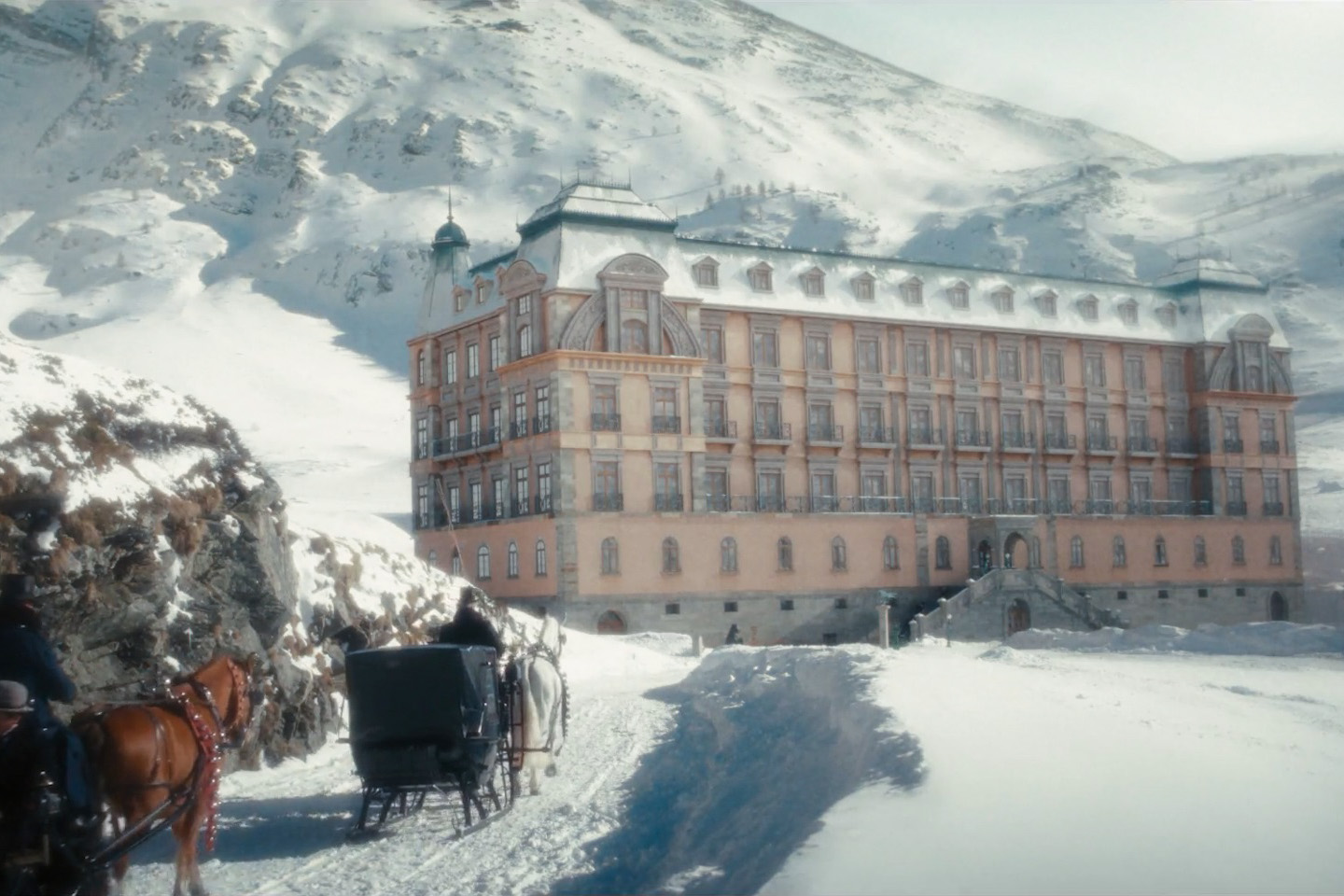
Testing the waters
Based on an idea by Jean-Marc Fröhle, creatively spearheaded by producer-screenwriter Lindsay Shapero, and co-produced by Netflix, Radio Télévision Suisse RTS (the SBC’s French language arm) and the production companies Point Prod and Oble (based in Geneva and Paris, respectively), the series was conceived long before the public discourse over the Lex Netflix had picked up steam. “We, the RTS, have been in direct contact with Netflix since 2020 in order to discuss our respective projects,” says RTS lead producer Patrick Suhner.
The resulting series is conceptually intriguing, if – perhaps understandably – a bit too eager to please as broad and international an audience as possible.
From its liberal use of stereotypes – the conservative Swiss mountain dwellers, the stuck-up English lord and his suffragist daughter, the conceited Austrian actress, the gun-toting, cowboy hat-wearing Texas oil baron – to its broad invocations of ‘typical Swissness’, Winter Palace often feels more like a proof of concept. It offers an idea of what a Swiss Netflix production could be rather than a fully-fledged work that can artistically hold its own against similarly themed productions.
While it would be easy to chalk this up to Netflix’s involvement, the reality is not quite as straightforward. Although a recent articleExternal link reported that Netflix was instrumental in the series ending on a cliffhanger, it would be wrong to overstate the streamer’s creative influence. According to Suhner, “Netflix arrived when the scripts were already written. They had some notes, some comments, but overall, they liked the project a lot and had a lot of respect for the work done up to that point.”
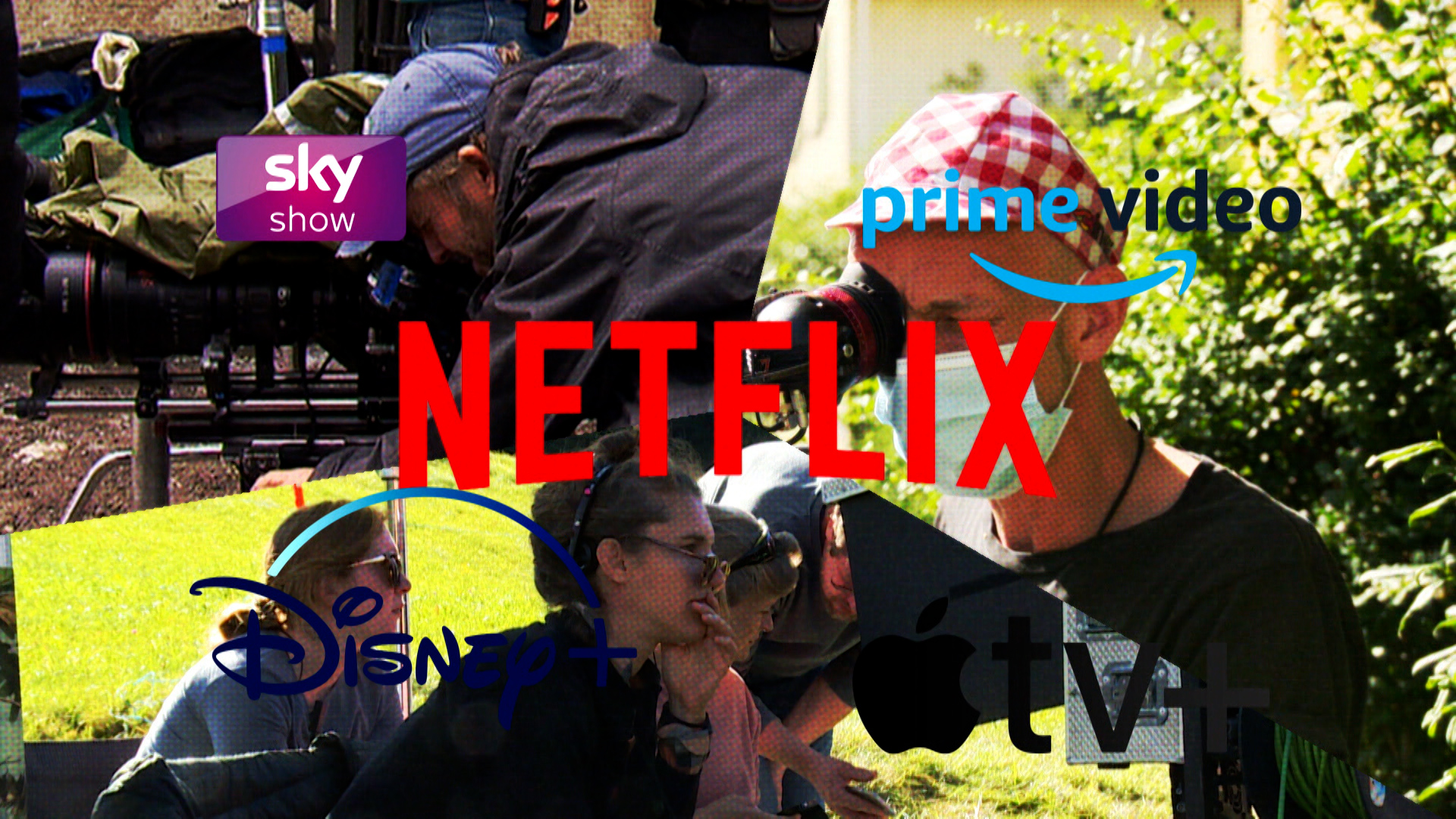
More
Will Lex Netflix boost Swiss filmmaking?
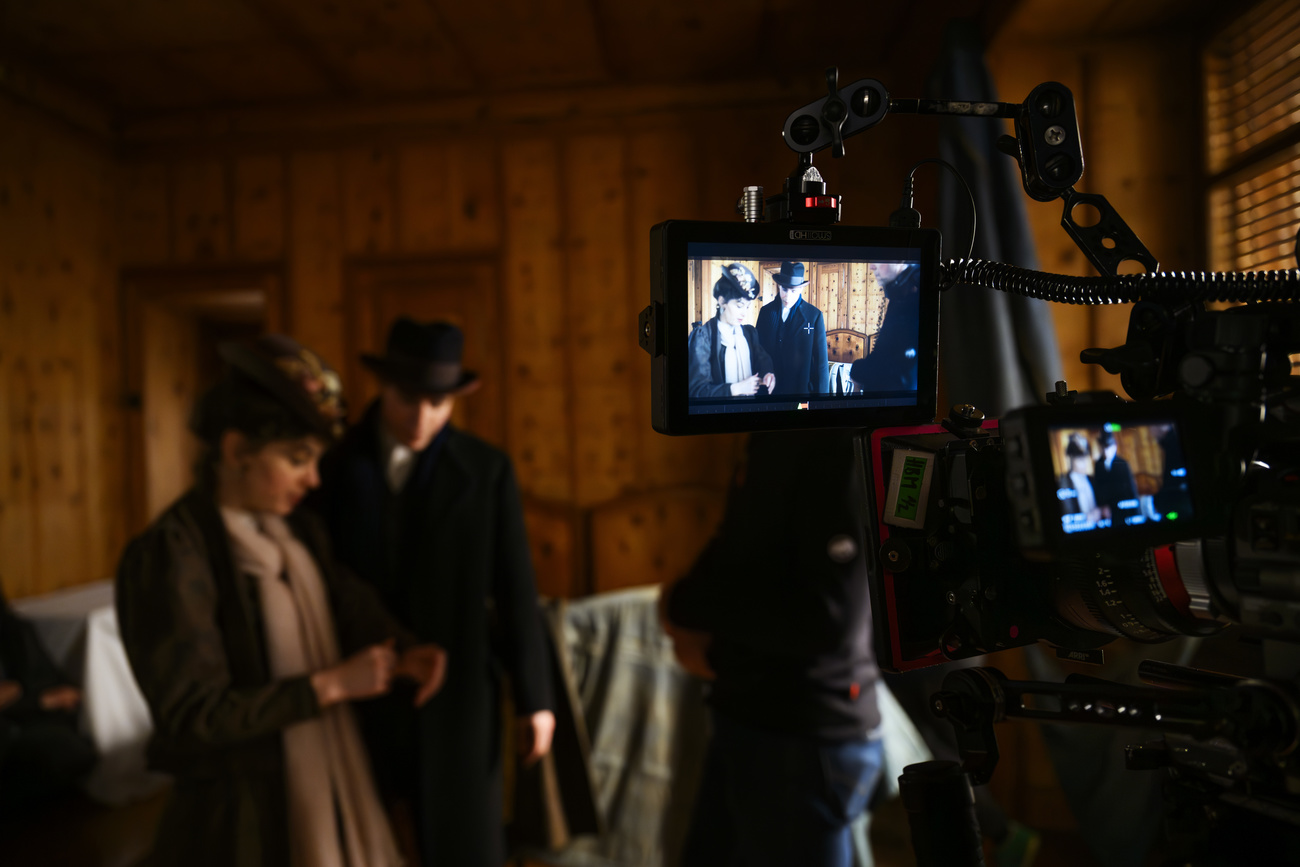
A matter of visions
All things considered, the best way of thinking about a joint venture with a major streaming service like Netflix is, in Suhner’s words, to see them as just another collaborator. “It wasn’t very complicated. There were exchanges during casting and, later, during editing. Each time, the discussions were constructive, as they often are when two broadcasters collaborate on a series.”
“The most important thing is always to have the same vision of the project and to speak as much as possible, with one voice, to the other partners responsible for the production of the series – in this case, Point Prod and Oble,” Suhner adds.
It is along these lines, Suhner says, that RTS envisions the future of its collaboration with Netflix, now that Winter Palace has come to fruition. “We already have several series in the pipeline with co-broadcasters such as TF1, Arte, France Télévisions, and Radio Canada.”
Whether it be Winter Palace, with its plush period setting, its cast of international actors, and its French and English dialogue, or the regionally minded crime-comedy series Tschugger, whose first two seasons were a co-production between the SBC and the Swiss subsidiary of Sky Deutschland – it really seems like the time for “thinking small” has passed in Swiss TV.
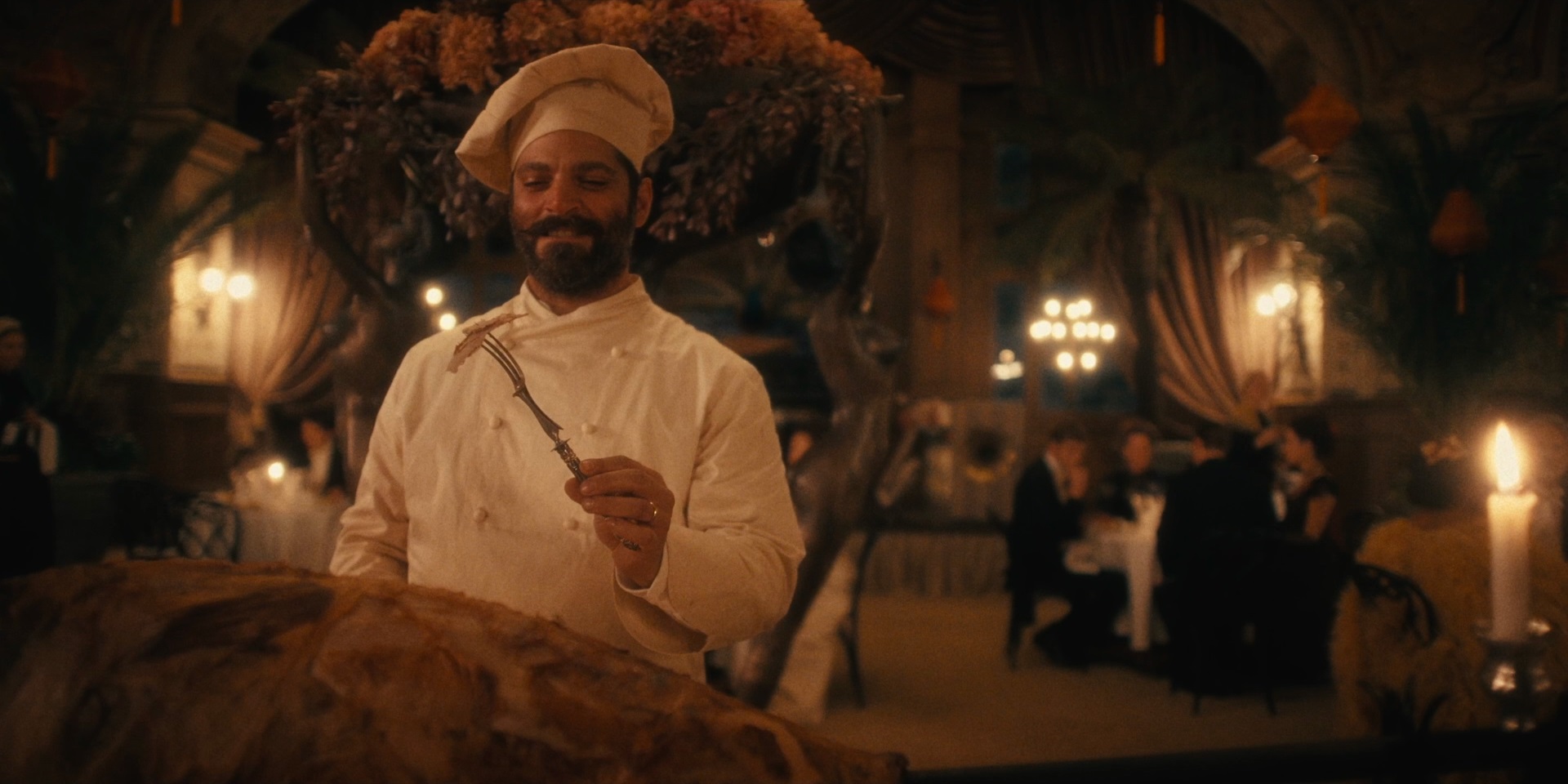
Finding money
It goes without saying that such growing ambitions require novel ways of funding them, and this is exactly where global players like Netflix can – and, thanks to the Lex Netflix, now must – step in. “For this series, set in the Alps in 1899, we knew from the outset that it would require more funding than usual on our part,” says Suhner. “In this RTS, with the help of the SBC, invested just under seven million francs. But this was not enough, and the search for another strong partner was essential.”
At the same time, such new dimensions place more pressure on productions to succeed both creatively and financially, as Suhner freely admits: “Of course, this major effort, combined with the arrival of Netflix, has raised expectations.”
However, one must also not underrate the potential of projects like Winter Palace to raise the Swiss entertainment industry’s international profile. According to Suhner, the heightened expectations also mean that, should the series succeed, “it’s an opportunity for the entire Swiss audiovisual sector, with extraordinary visibility given to a Swiss production”.
Edited by Virginie Mangin/ac

More
From Bond to Bollywood: scene-stealing Switzerland on the big screen

In compliance with the JTI standards
More: SWI swissinfo.ch certified by the Journalism Trust Initiative
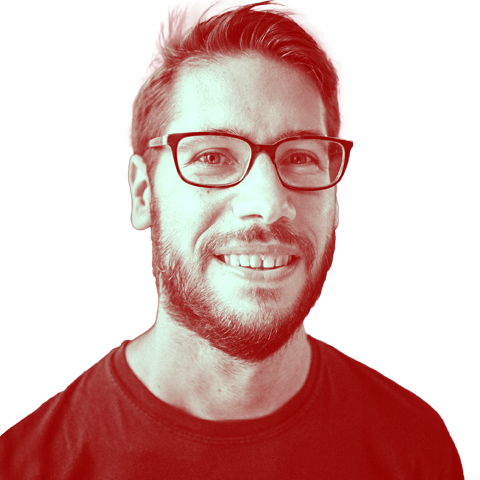








You can find an overview of ongoing debates with our journalists here . Please join us!
If you want to start a conversation about a topic raised in this article or want to report factual errors, email us at english@swissinfo.ch.